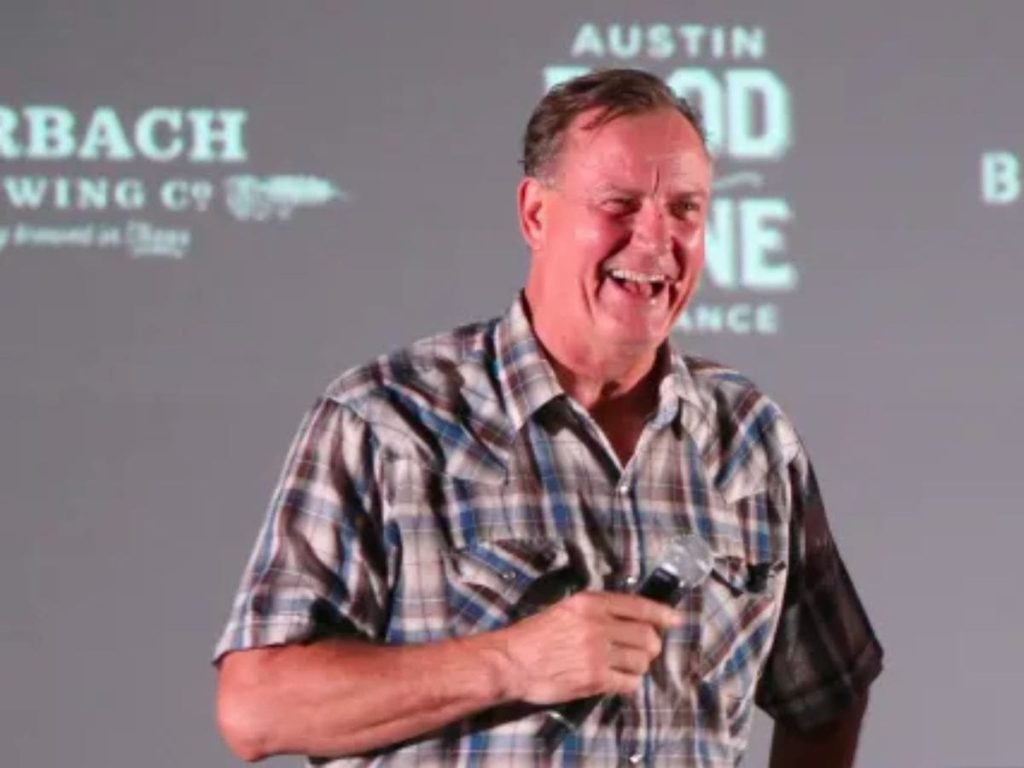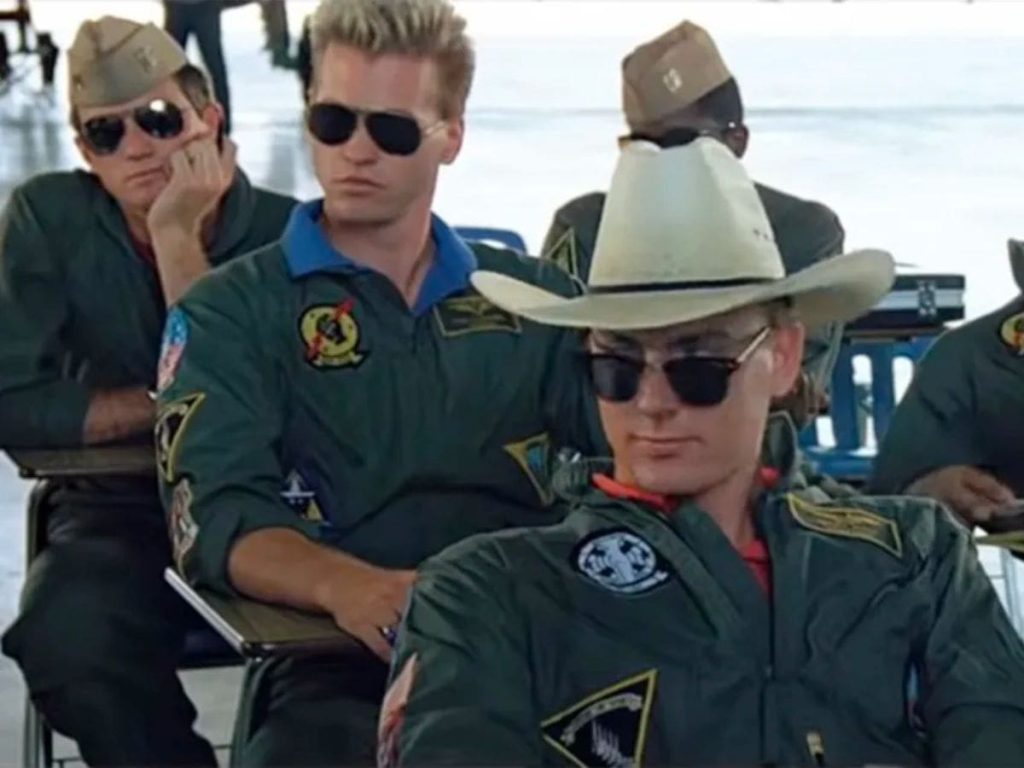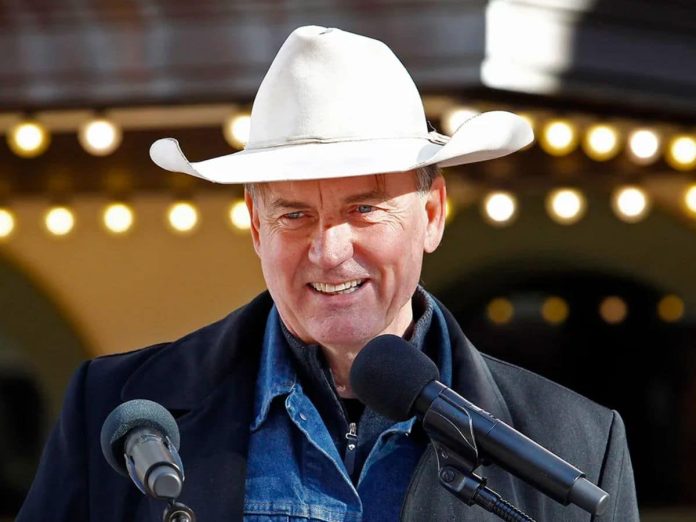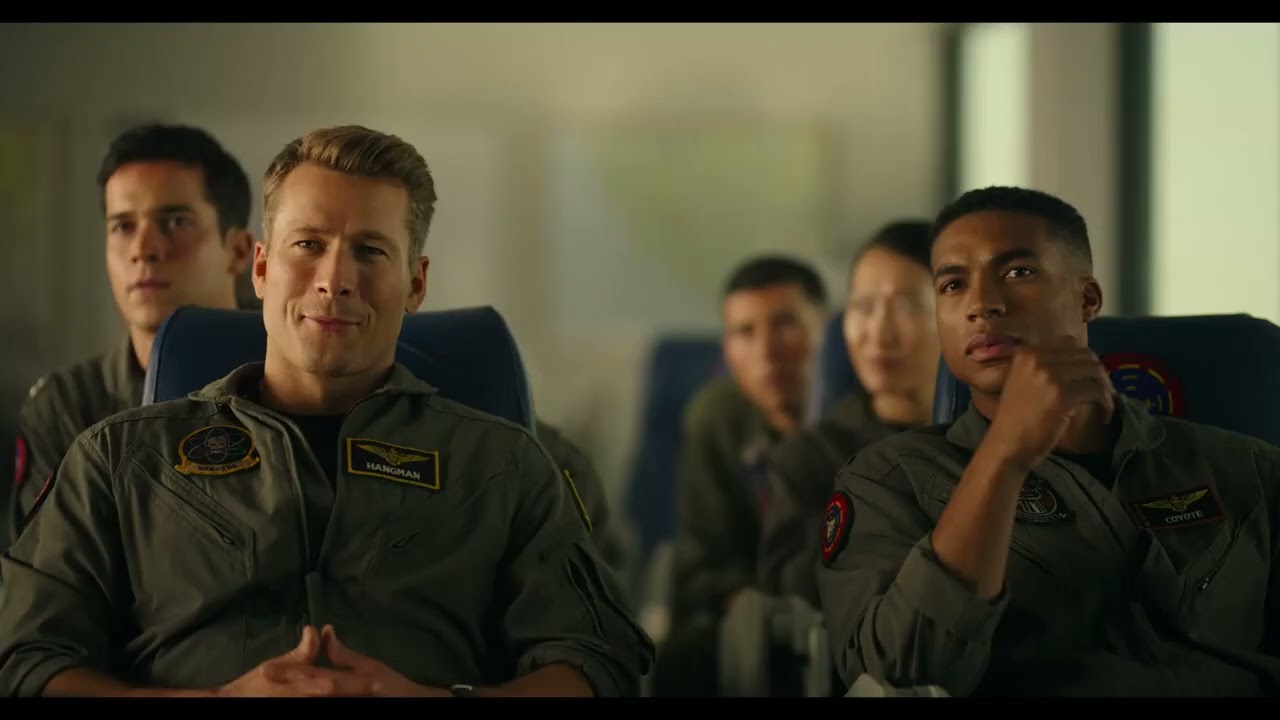Actor Barry Tubb starred as naval pilot Henry “Wolfman” Ruth in the 1986 ‘Top Gun‘ film which made Tom Cruise Hollywood’s most coveted stars. Now almost four decades later, Tubb is now suing Paramount Pictures.
This is the second time this year that Paramount has faced a legal issue with one of their actors.
Related: ‘Top Gun 3’: Cast, Plot And Release Date Of Tom Cruise’s Hit Franchise
Why Is Barry Tubb Suing Paramount Over ‘Top Gun: Maverick’?

The 1986 hit movie ‘Top Gun‘ starred Barry Tubb as naval pilot Henry “Wolfman” Ruth. Now almost four decades later, Tubb is suing Paramount Pictures for using his image without permission in the 2022 follow-up, ‘Top Gun: Maverick‘.
The late Nick “Goose” Bradshaw (Anthony Edwards), the father of “Maverick” protagonist Bradley “Rooster” Bradshaw (Miles Teller), is revealed to be Tubb’s father in a picture of the hypothetical Top Gun Class of 1986 in the sequel.
For Tubb, the use of his picture by Paramount in this scenario is “essential in a way that is not incidental.” However, he received neither compensation or consultation from the production.
The actor also adds that his picture was modified as it was originally a BTS shot of the actors. Further, Tubb’s lawyers have said that the actor should receive compensation no less than $75,000 and is demanding a trial jury.
In Case You Missed It: What Advice Did Tom Cruise Give Glen Powell After ‘Top Gun: Maverick’?
What Do The Court Documents Say?

The complaint says that the image was used for “self-serving commercial purposes and their own business interests.” Further on, the company is called “an unapologetic, chronic, and habitual infringer.”
The complaint reads, “Plaintiff never agreed to Paramount’s use of his image, likeness, and/or identity in the movie ‘Top Gun: Maverick.’ Paramount’s conduct is therefore misleading and deceptive by falsely and fraudulently representing that plaintiff is somehow affiliated with ‘Top Gun: Maverick’; was contracted to perform in ‘Top Gun: Maverick’; or was hired to promote, advertise, market, or endorse ‘Top Gun: Maverick’ on behalf of Paramount.”
The statement adds that by “intentionally misappropriat[ing]” Tubb’s image, Paramount has “utterly deprived plaintiff of the right and ability to negotiate the price of using his image or, ultimately, to say ‘no’ to its use.”
The complaint added that during the 1986 film’s era, “movie sequels were virtually nonexistent. This is to indicate that no sequel was contemplated by either the plaintiff or Paramount when the contract between them was entered into on June 5, 1985.”
You Might Like To Read:






